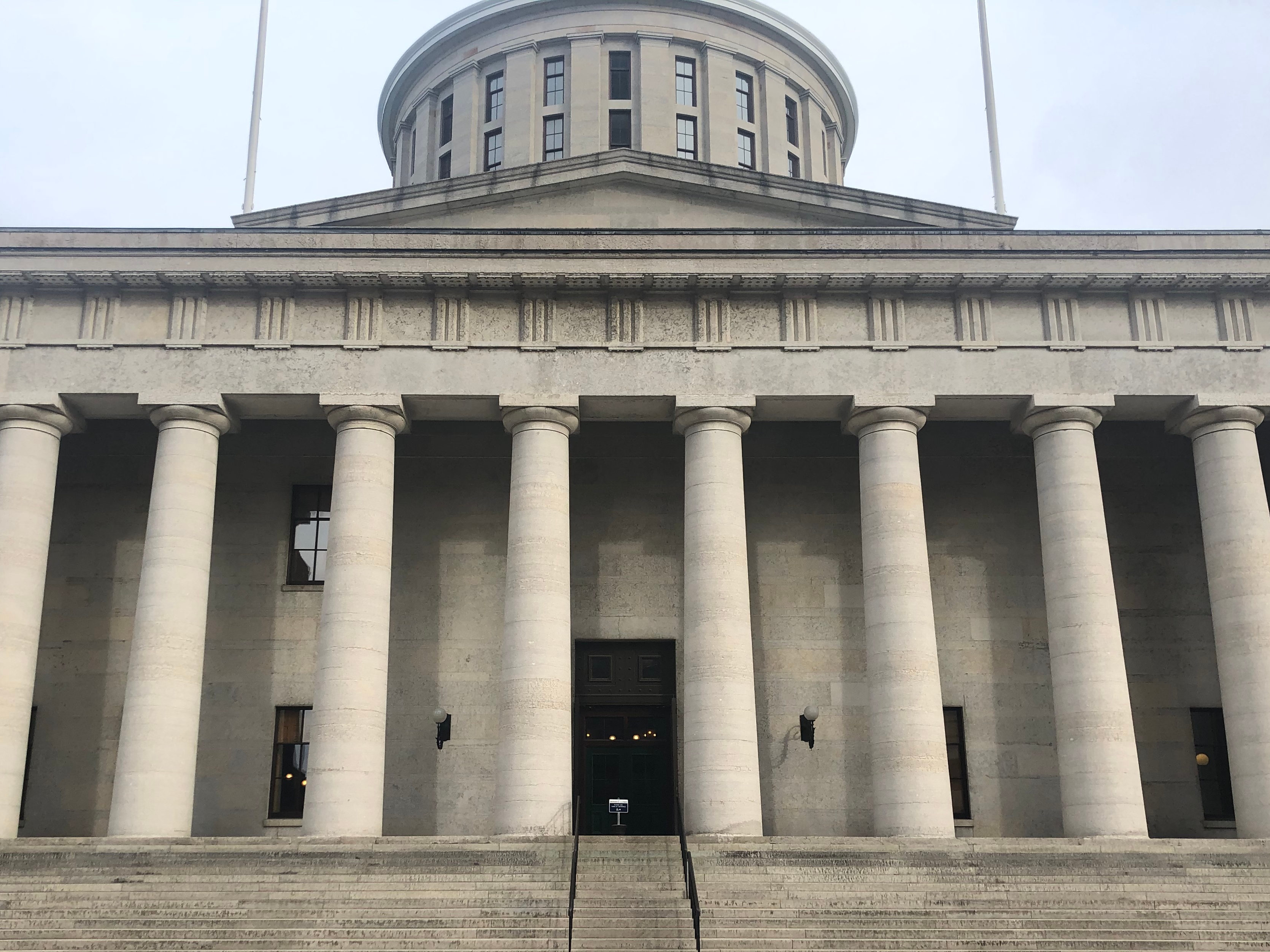Sports Gambling Corruption
- Sports Gambling Corruption Against
- Sports Gambling Corruption Meaning
- Sports Betting Corruption
- Sports Gambling Corruption Definition
- Sports gambling expert R.J. Bell, president of sports betting information site Pregame.com, tracked every game Donaghy worked from 2003 to 2007. He discovered that during the two seasons.
- Sports betting and corruption February 26, 2017 John Quiggin 18 Comments One of the sadder stories last week was that of Wayne Shaw, an English footballer who was forced to resign for eating a pie mid-match, knowing that a bookmaker had laid odds against this.
The Supreme Court’s decision to strike down the Professional and Amateur Sports Protection Act, or PASPA, is a victory for federalism and a huge opportunity to protect and reinvigorate sports while destroying a multibillion dollar black market.
More:Your state-by-state guide to sports betting in light of Supreme Court ruling More:States where sports betting may be ready in time for NFL season More:Why legalized sports gambling is a win.
Passed in 1992, PASPA forbade the vast majority of states from instituting their own legal sports betting regimes. Nevada is the only state in the country where sports betting is fully permitted. Montana, Oregon, and Delaware were able to grandfather specific games that were already legal.
The authors of PASPA hoped that banning sports betting would protect the integrity of the game by preventing match-fixing, corruption, and teenage gambling. But instead of protecting the integrity of sports, PASPA spurred an unregulated black market in betting now estimated to be worth more than $150 billion a year. Twenty-six years on, there is no evidence of PASPA preventing corruption, with point-shaving schemes still an unfortunate feature of sporting life.
The public is also in a state of confusion over the legality of sports wagering, with 62 percent unable to say whether or not sports betting is legal in their state. Nevertheless, betting is widespread with 30 percent of Americans saying they have bet on sports.
New Jersey voters tried to change this unhappy state of affairs, voting to amend the state constitution to legalize sports betting. When the legislature passed a law giving effect to the people’s decision, they were challenged by the nation’s biggest sports leagues. After several years of legal battles, the Supreme Court decided to hear the case. New Jersey argued Congress can prohibit individuals from betting on sports, but it cannot commandeer the states to prohibit sports betting against the will of the people.
In a 7-2 decision, the court decided for New Jersey “stating that PASPA violates the anti-commandeering doctrine.” Derived from the 10th Amendment, the anti-commandeering doctrine protects the states from unjustified federal intrusion in state affairs.
“The legalization of sports gambling requires an important policy choice, but the choice is not ours to make. Congress can regulate sports gambling directly, but if it elects not to do so, each state is free to act on its own,” wrote Justice Samuel Alito in the majority opinion. “Our job is to interpret the law Congress has enacted and decide whether it is consistent with the Constitution. PASPA is not.”
The court has not legalized sports betting per se, but has instead given each state the freedom to decide for themselves whether to embrace sports betting or abide by the status quo.
The benefits of legalization are many. Should sports betting be legalized nationwide, it is estimated that the gross domestic product would increase by $11.6 billion to $14.2 billion, 125,000 to 152,000 additional jobs would be created, and tax revenues spread across state, federal, and local municipalities would rise by $4.8 billion to $5.3 billion, according to Oxford Economics.
But the benefits of legalization go far beyond tax revenue and economic growth. Legalization would protect the integrity of sports by converting activity that currently occurs in the black market into a legitimate, well-regulated leisure activity. Sports leagues and associations will be able to work with sportsbooks and law enforcement to better identify instances of game-fixing. This is already common practice where sports betting is legal, such as the U.K and Australia.
Consumers would also benefit. Legal sportsbooks would be heavily encouraged to disclose the odds being offered on various bets, as well as their payout rate, in order to attract bettors. This competition results in odds and payouts that are more favorable for bettors than the current black market system. Research by Nielsen Sports shows fans are more engaged when they bet on sports. More engagement would translate into higher viewership and other forms of sporting participation.


More than 60 percent of Americans think sports betting should be legal, and 70 percent believe it should be regulated by states, not the federal government. The Supreme Court has given states the opportunity to improve sporting life in America, raise revenue, and create jobs and prosperity in the process. States should seize this opportunity and bring America into line with the most successful sports betting markets in the world.
This column first appeared in the Washington Examiner.
Sports Gambling Corruption Against
Copy Citation
Export Citation
With a personal account, you can read up to 100 articles each month for free.
Already have an account? Login
Monthly Plan
- Access everything in the JPASS collection
- Read the full-text of every article
- Download up to 10 article PDFs to save and keep
Yearly Plan
- Access everything in the JPASS collection
- Read the full-text of every article
- Download up to 120 article PDFs to save and keep
Purchase a PDF
Purchase this issue for $34.00 USD. Go to Table of Contents.
How does it work?
- Select a purchase option.
- Check out using a credit card or bank account with PayPal.
- Read your article online and download the PDF from your email or your account.
- Access supplemental materials and multimedia.
- Unlimited access to purchased articles.
- Ability to save and export citations.
- Custom alerts when new content is added.
We examine whether point-shaving is widespread in National Collegiate Athletic Association basketball by comparing bet and game outcomes with those in professional sports. Results suggest that unusual patterns previously suspected to be indicators of point-shaving are ubiquitous throughout sports and unlikely to be caused by corruption. We suggest that line shading by sports books may explain the anomalies in game and bet outcome distributions.
Sports Gambling Corruption Meaning
The Southern Economic Journal features original, refereed scholarly articles in all areas of economics as well as contributions on the pedagogy of economics. The journal also contains occasional invited papers such as the Distinguished Guest Lecture, and the Presidential Address from the annual conference of the Southern Economic Association (SEA). In addition, the journal serves members of SEA and other readers interested in economics through the publication of book reviews, and announcements. The Southern Economic Journal has been published quarterly by the Southern Economic Association since its inception in 1933, and currently contains approximately 1,000 printed pages per year.
Sports Betting Corruption
The Southern Economic Association (SEA) was founded in 1927 to further the education of scholars and the public in economicaffairs. Toward this end, the organization seeks to stimulate interest in and disseminate results of recent research in theory,policy making, business practices, and regulation. Currently, SEA has approximately 1,000 members worldwide, and more than1,000 additional institutional subscribers to the journal. The Association holds its annual conference meetings in November,and publishes quarterly the Southern Economic Journal.
This item is part of JSTOR collection
For terms and use, please refer to our Terms and Conditions
Southern Economic Journal © 2008 Southern Economic Association
Request Permissions